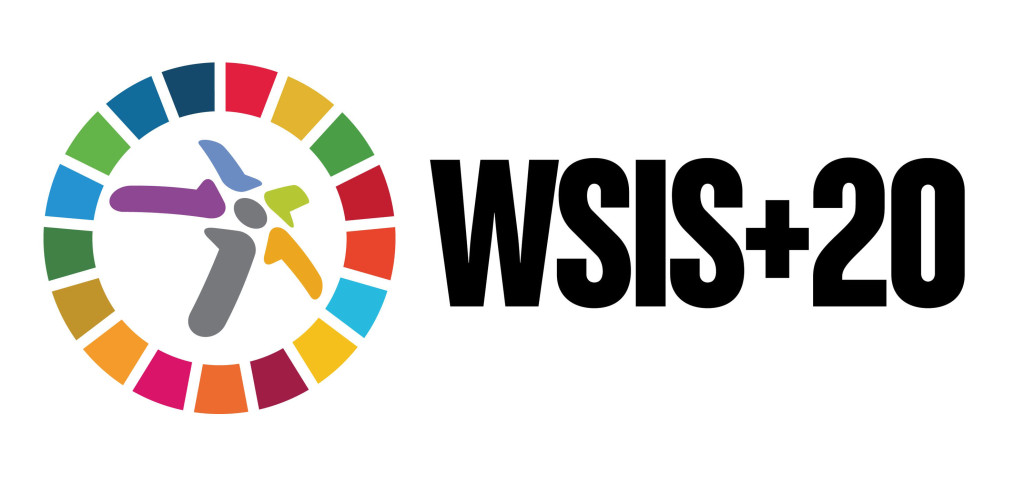GiDC presses WSIS+20 to embed gender equality across all commitments
In inputs to the Zero Draft, the coalition, formed in 2023 by organisations including the Alliance for Universal Digital Rights, the Association for Progressive Communications, UNFPA, UN Women, Derechos Digitales, Equality Now, IT for Change, Pollicy and Women at the Table, backs the draft’s recognition of gender but says the document still treats it as an ‘add-on’ rather than a cross-cutting requirement for all areas of digital policy

The Gender in Digital Coalition (GiDC) is urging UN negotiators to fully mainstream gender across the WSIS+20 outcome text, warning that current references are narrow and largely aspirational without clear implementation and accountability measures.
In inputs to the Zero Draft, GiDC, formed by a global feminist coalition in 2023, backs mentions of gender equality but says the draft still treats it as an add-on rather than a cross-cutting requirement. It calls for language that consistently includes ‘women, girls and gender-diverse persons,’ reflecting intersecting forms of discrimination linked to race, class, disability and sexuality.
The coalition proposes concrete edits on access and inclusion, urging ‘universal, meaningful connectivity,’ gender-responsive budgeting of universal service funds, and protections against technology-facilitated gender-based violence (TFGBV). It also links gender justice to digital sovereignty, warning that biassed data and design entrench inequalities, and promotes the use of open-source tools and digital public goods for community-led development.
On rights and safety, GiDC seeks survivor-centred remedies, privacy-preserving redress, and gender-sensitive cybersecurity capacity-building. It recommends a positive state obligation to secure communications through strong encryption, pseudonymisation and anonymity, and to ensure any surveillance complies with legality, necessity and proportionality, with effective redress for abuses.
For artificial intelligence, GiDC wants gender equality set as a core governance principle, with algorithmic impact assessments across the AI lifecycle and UN-led research and capacity programmes that ensure gender balance and support underrepresented groups, particularly in the Global South.
GiDC also calls for gender-disaggregated indicators across WSIS targets, specific TFGBV metrics on prevalence and redress, and stronger UNGIS oversight that systematically integrates gender equality.
Document: WSIS+20: Inputs to the Zero Draft — Gender in Digital Coalition


